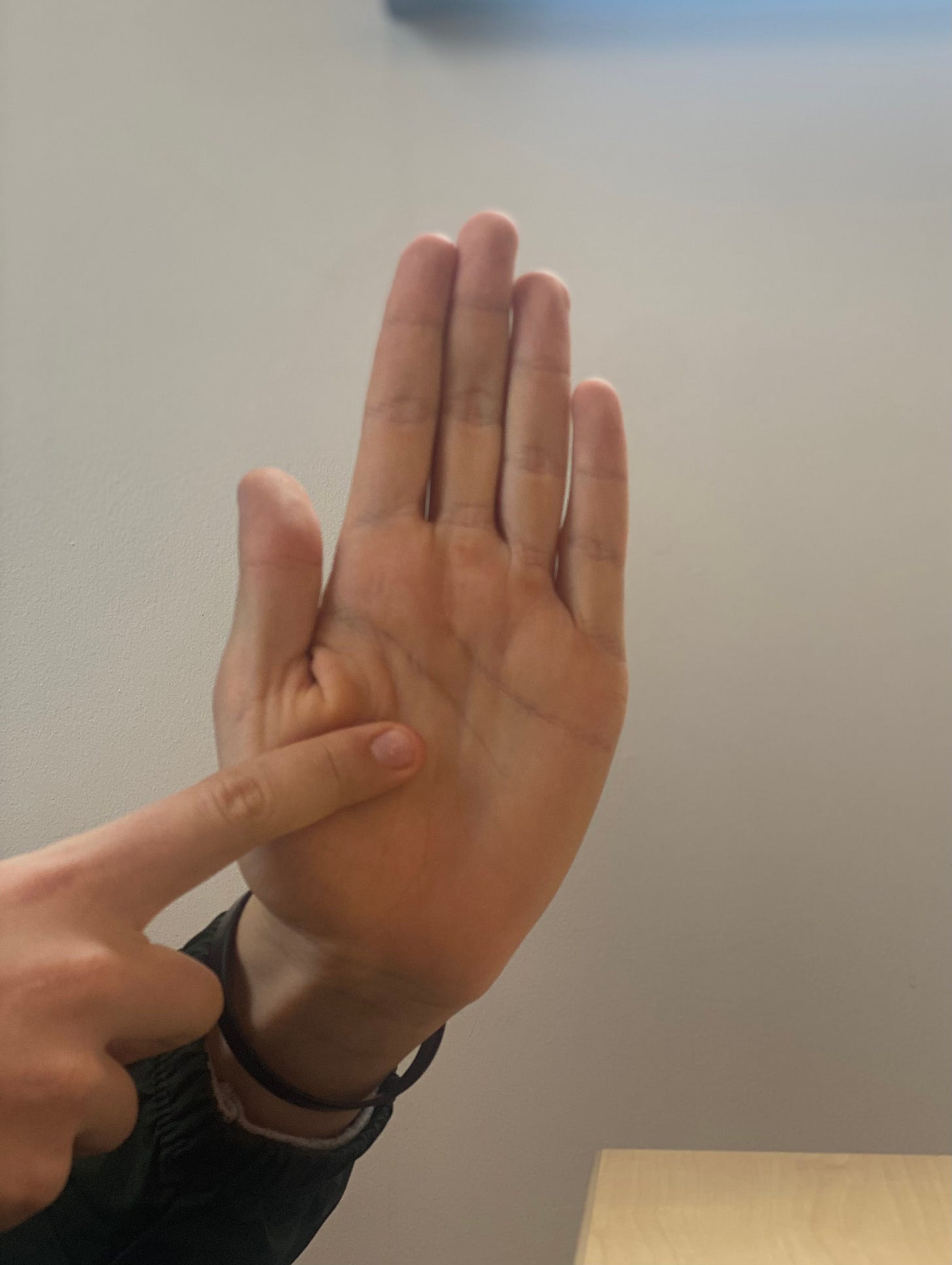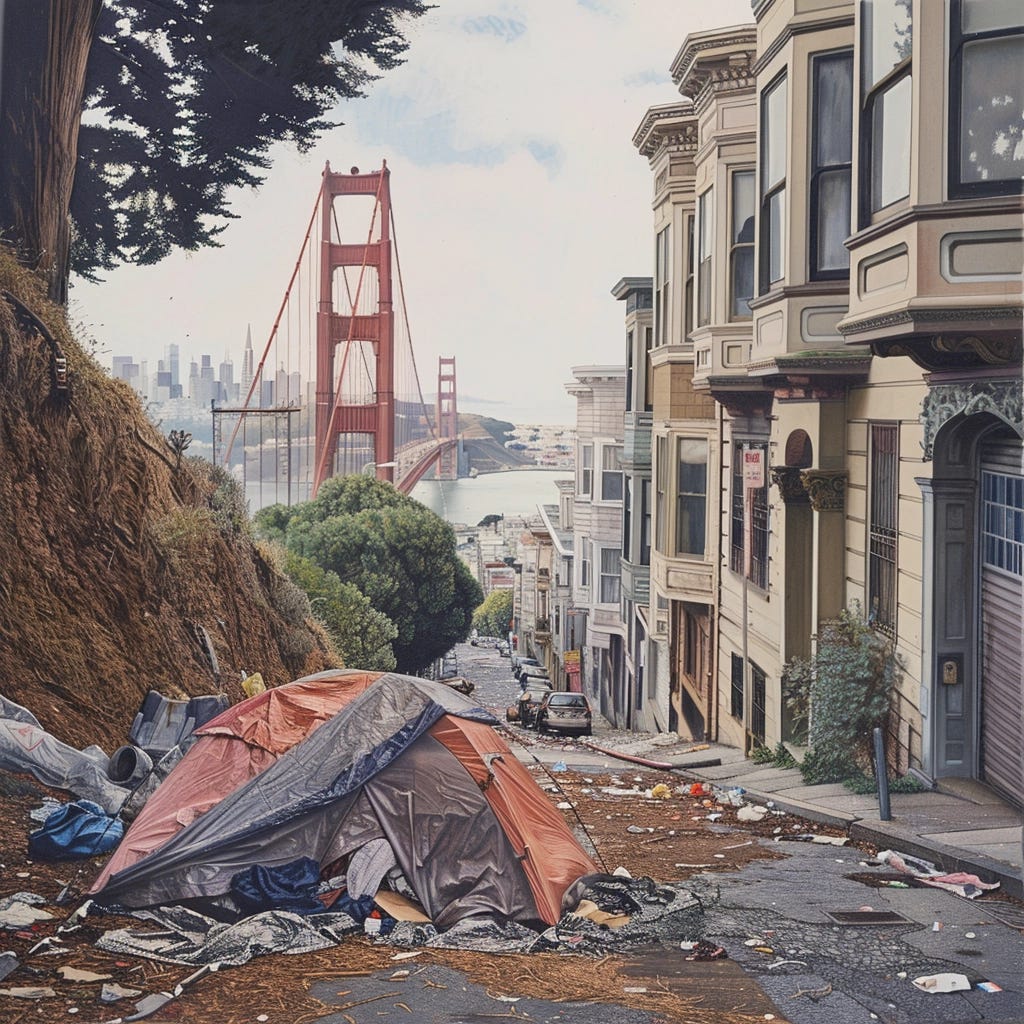Where are you from?
An innocent, but not so innocent question
It is usually one of the first two or three questions you ask or get asked when meeting someone. An innocent question but packs a punch of intention to learn more about the other person. It helps to triangulate a sense of familiarity or wonder.
Last week, I was at a conference in Las Vegas with people from around the world. I found myself asking that question and being asked that question as an icebreaker to find common ground. A quest to find familiarity between two strangers. All within the first two or three minutes of saying hello.
When you watch The Voice or American Idol, that question is part of their identity. You are asked to say your name and age and then tell where you are from. It is the compass that the judges use to align with or probe deeper into your roots. It typically signifies a musical influence.
The most curious thing about that question is how you answer it. Do you qualify it with where you were originally born or do you tell someone where you live today?
Given that I am originally from Flint, MI, I get to hold up my hand like the “mitten” that is Michigan and point to a location. It is an instant understanding between people who live in the United States. It usually provokes a smile of acknowledgment and like a secret handshake produces an instant return mitten signal if that person is also from Michigan.
The simple idea of how you express where you are from says a lot about your narrative worth. It is a story of richness. It is either the beginning of your story or the progression of your story. It is a card you get to play that instantly sets the path for what makes you unique, while providing context for finding a common ground to build a relationship with the other person.
In the world of remote work and being part of a distributed workforce, place and proximity are significant makers that are becoming increasingly more pivotal to the how and where we work equation. The idea that you have to hire within a given proximity is no longer a constraint. It is in fact, a condition by which a company can gain an advantage over its competitors.
It is also a marker for how we communicate with each other. A signal vs. noise separator that helps to establish tribe-like relationships between people. It also tests our empathy factor, as we may not have anything in common with our cultural upbringing or our left or right brain approach to problem solving.
In addition, place is susceptible to preconceived notions and or perceptions that may be based on bias, ignorance, or experience that may not match the other person's reality. The immediate processing of what a zip code may suggest or what the latest news may portray about your place can set a tone that is unintended or just plain wrong.
I find this to be true when you say you are from the Bay Area. The overhang of San Francisco and Oakland is now immediately injected into the conversation. Or, the wonderment of Silicon Valley and its tech implications record either a sense of respect or disdain pending your view of technology and its impact on your well-being or those around you.
The same holds for being an immigrant. Pending your generational view, the idea of how you built a better life because you or your parents or your grandparents chose to leave a situation to seek a more prosperous future requires a story to provide a deeper understanding of your motivations and character. And, rightly or wrongly, it is now politicized into our consciousness.
The question I always ask my children or a mentee is “Are you running from something or to something?” It was asked of me years back and it made an impact on my thinking. I have to look in the mirror some days to ask myself that question as a reminder of why I am responding the way I am or living where I am living. Because, in a world of uncertainty and constant change, your sense of place be it historical, present moment, or future state-inspired is contextual and dependent on your mental outlook.
“Where are you from?” is a simple question, loaded with code and identity for how others see you and you see them. In the end, we all want to be seen and heard and it usually starts with where are you from.
NOW (How you are realizing this today)
How do you answer this question?
Do you tell the same story or test new versions?
Do you ask others that question? Assuming yes, how do you process the answer?
NEW (How you will realize this tomorrow)
Do a mental exercise and write down how you respond to that question.
Now craft a few versions that start from your origin to your current location.
Can you add a “why” to the shifts and changes that help to close the story gap in your narrative?
NEXT (I see a world in which)
I see a world in which our ability to reciprocate our stories about where we are from helps to shape our respective contributions to society and each other. It represents our rich tapestry of life experience and how we can build bridges with each other even though our journeys and pathways may be different.
THE PAYOFF
"Where are you from?" or "Where are you really from?" is often code for "Why are you here?" - ted.com
Follow me on LinkedIn. Or DM at tobin@spatialshift.com for more information.
- Click the 🔔 in my profile to get notified of my posts…
Thanks for reading and if you like what you read, please share this newsletter with your friends and colleagues.






